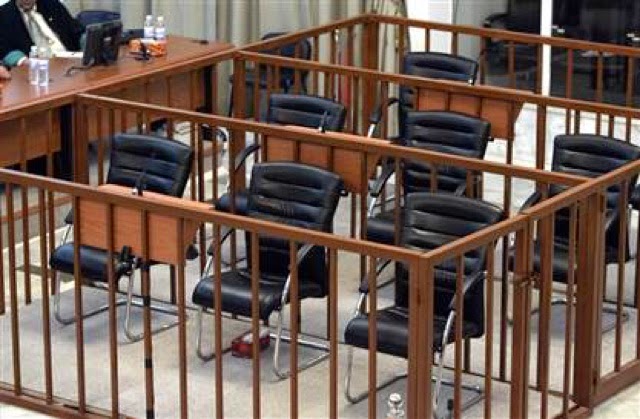May the Court Appoint a Non-Lawyer to Defend the Accused?

It is of common knowledge that once a case is filed in court, especially criminal case, against a person, he must be represented with a counsel or a lawyer. To be represented with a counsel is one of the fundamental rights of the accused. There are two types of counsels representing an accused in court. These are counsel de parte and counsel de oficio. Counsel de parte is the counsel of choice of the accused engaged by him to represent him in court. It is in line with his constitutional right to have a competent and independent counsel preferably of his own choice. Most often than not, this counsel de parte is a private practitioner and his legal services are not for gratis. However, if the accused cannot afford the services of a counsel, he must be provided with one. This counsel provided by court to defend the accused is known as counsel de oficio. As provided in the Revised Rules of Court of the Philippines, it is a duty of the court to inform the accused of his right to ...
